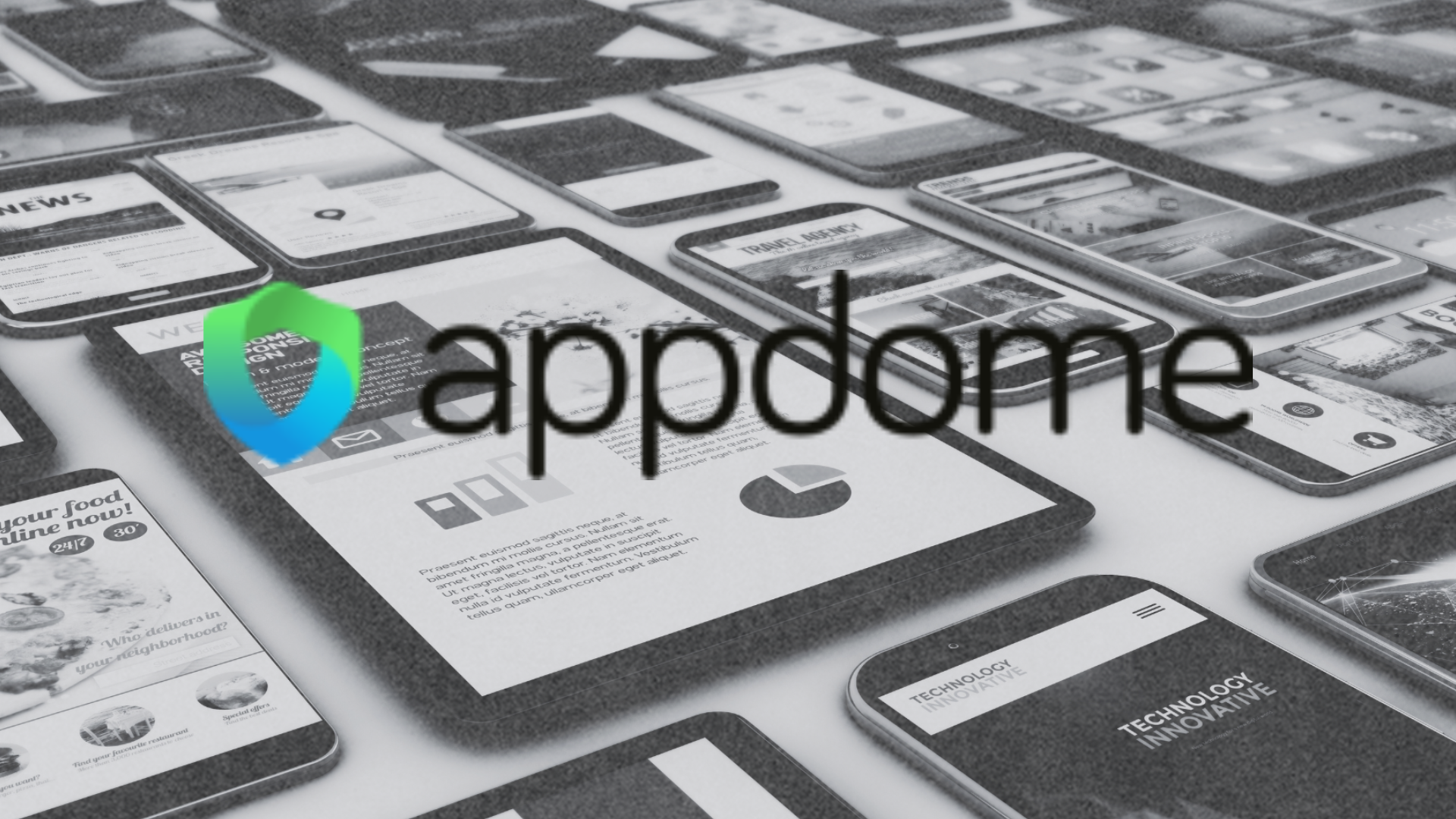Speaker Martin Romualdez has called for an immediate congressional briefing from the Department of Information and Communications Technology (DICT) following reports of cyberattacks targeting several Philippine government websites. The attacks, believed to be carried out by hackers operating from China, raise concerns about national security and highlight the need for robust cybersecurity measures.
DICT Undersecretary Jeffrey Ian Dy announced a significant victory despite the relentless cyber onslaught. Cybersecurity experts managed to repel recent attempts to breach various government agencies’ email systems and internal websites. The list of protected entities includes the Philippine Coast Guard (PCG), the Office of the Cabinet Secretary, the Department of Justice, the Congressional Policy and Budget Research
Department, the National Coast Watch System, and even the private website of President Ferdinand R. Marcos Jr.
Romualdez emphasized the seriousness of the situation, stating that these breaches targeting critical government domains necessitate a swift and comprehensive response. He called on the DICT and other relevant agencies to conduct a thorough briefing for the House of Representatives to understand the nature and extent of the attacks, current preventative measures, and strategies to strengthen the country’s cybersecurity infrastructure.
Heightened Cybersecurity Measures on the Horizon
Amidst the escalating cyber threat, the Philippine National Police (PNP) is taking a proactive stance. They are actively monitoring hacking attempts and implementing measures to deter such activities. The PNP Anti-Cybercrime Group (ACG) is forging solid alliances with lawmakers and the DICT to fortify the legal framework against cybercrimes, including hacking. Furthermore, they are engaging in fruitful partnerships with the private sector to bolster police capabilities in deterring cybercrime.
The PNP Chief, Gen. Benjamin Acorda Jr., expressed gratitude for President Marcos Jr.’s and Congress’s support in allocating more resources for heightened cybersecurity measures. These include increased personnel training and acquiring modern equipment to detect and prevent cyberattacks.
How to Avoid Hijack Profile Scams
The PNP-ACG also warned about the rise of “hijack profile scams” on social media. This scam involves unauthorized access to social media accounts, often targeting popular platforms like Facebook. Perpetrators typically trick users into clicking malicious links or downloading infected attachments, allowing them to hijack the account. The compromised account is then used to solicit money from the victim’s contacts.
The PNP-ACG advises the public to be cautious when interacting with social media content and to follow these safety tips:
- Avoid clicking on suspicious links or downloading attachments, especially from unknown senders.
- Use strong and unique passwords for all online accounts.
- Enable multi-factor authentication for additional account security.
- Report any suspected hacking incidents immediately to the PNP-Anti-Cybercrime Group.






